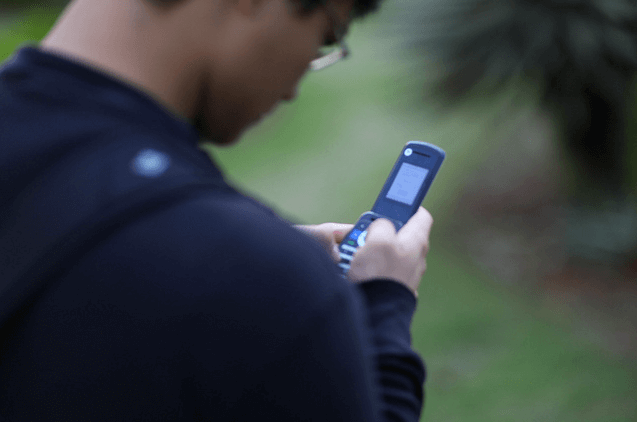On November 29, 2012, the Federal Communications Commission issued an important Declaratory Ruling concerning the legality of sending a text message to confirm a user’s request to opt-out of receiving future text messages. As background, on February 16, 2012, SoundBite Communications, Inc., a company that manages text message programs for more than 450 companies, filed a petition in response to numerous class action lawsuits that alleged that confirmatory text messages violated the Telephone Consumer Protection Act (TCPA).
In its Petition, SoundBite asks the Federal Communications Commission (FCC) to find that a one-time text message confirming the business’s receipt of a consumer’s request to opt-out of receiving future texts does not violate the TCPA. SoundBite argued that such relief was necessary because: (i) a prompt confirming message should come within a brief “grace period” to be set by the FCC; (ii) the software used to send SoundBite’s confirming text messages does not allow random or sequential dialing and therefore does not fit the TCPA definition of an automatic telephone dialing system (ATDS); and (iii) sending one-time confirming text messages is consistent with good public policy.
The FCC agreed with SoundBites; it ruled that such one-time confirmatory text messages do not violate the TCPA or the FCC’s rules. Thus, organizations that send text messages to consumers from whom they have obtained prior express consent to send such text messages are permitted to send a final, one-time text to confirm receipt of a consumer’s opt-out request. This practice is widespread among businesses, non-profit organizations, and governmental entities, and a good consumer policy, the FCC noted. Further, this ruling is consistent with text message best practices established by the Mobile Marketing Association.
These confirmatory text messages, however, only may confirm the consumer’s opt-out request; may not include any marketing or promotional materials, and should be sent within five minutes of the consumer’s opt-out request.
This is a terrific decision for the mobile marketing industry. Ideally it should deter the threat of class action litigation related to these confirmatory messages and could potentially save the industry billions of dollars, according to Greg Stuart, CEO, Mobile Marketing Association. Indeed, “the entire industry was at risk of litigation or having their messages shutdown by mobile carriers because of the ambiguity around the legality of confirmatory stop texts,” said Michael Becker, Managing Director, Mobile Marketing Association. Now, the FCC’s ruling has clarified these practices and reaffirmed the MMA’s guidelines, Becker added.
While this ruling certainly is a victory for the mobile marketing association, many questions concerning the text message legal landscape remain. Numerous TCPA petitions filed by other companies including GroupMe, the Cargo Airline Association and Revolution Messaging are still pending before the FCC. Ideally, the FCC will rule on these petitions, as well, to bring further clarity to various text messaging practices.


